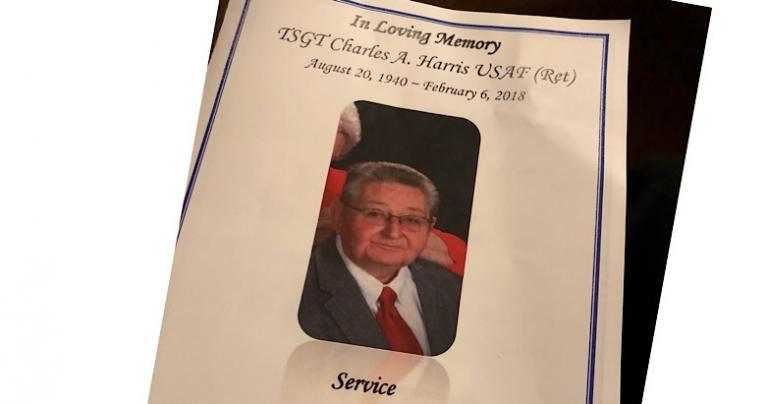 Death has made me cry lately. That’s a Christian response to suffering. Jesus wept. We can weep. Beware anyone who shouts “Cheer up” too soon. Every Sunday my church remembers those lost centuries ago and remembers the more recently departed each holiday. This is good comfort, but implies that the church knows we still ache even years later. Time passes and we do not always recall the pain, but when those we love are not with us, the sorrow, wholesome and natural, can hit us at odd times.
Death has made me cry lately. That’s a Christian response to suffering. Jesus wept. We can weep. Beware anyone who shouts “Cheer up” too soon. Every Sunday my church remembers those lost centuries ago and remembers the more recently departed each holiday. This is good comfort, but implies that the church knows we still ache even years later. Time passes and we do not always recall the pain, but when those we love are not with us, the sorrow, wholesome and natural, can hit us at odd times.
When I was a child, I heard Dad and Mom remind people that they did not have to act sadder than they were. Sometimes the release from suffering in a loved one is good even though we will miss them. Faking emotions we do not have is no good, Lately, however, I have seen the need to remind friends that just because we are Christians does not mean that we have to stop being sad about sad things.
Death works out, but death is the last enemy as well. Victory was earned, is, but is not yet fully revealed, so we can hurt. Many prophets lamented the death of the people of God for decades and the old men mourned the loss of Solomon’s Temple seventy years or more later. We all mourn differently. In my youth, people were not allowed to not cry and some tried to mourn as expected. Now the pressure is to party at the funeral, because the beloved is “with God.”
Yes.
People who mourn will often laught at happy memories of the one dead. We move on with life and honor memories. A good person leaves a solid foundation on which we build, but it is fine to still be sorry, years later, that they are gone. I wish my grandparents every Christmas. I do.
I am still sad about the deaths of my Aunt Karen and Uncle Roddy, both decades ago. I have not even begun to process losing my Uncle Charlie last month or the death of a beloved teacher, Al Geier, a few weeks earlier. As I get older, the mourning mounts until either I will die or like one relative I will have outlived most of my generation.
We are often told not to be morbid as if morbidity could be mastered by good cheer. Cheer is good, but death is not for those of us left behind. Old hymns knew this: “We will meet, but we will miss him.”
The truth of the afterlife does not keep me from mourning any play I direct with Aunt Karen. His joy in glory helps me, but I still wish Uncle Charlie could give me a hard time for my politics or Uncle Roddy could pull a prank on me. Things can be fundamentally good, but still sad at the moment. The other day I was giving a lecture on Plato and I choked up knowing Dr Geier was not going to teach me more.
We must not allow those who mourn malignantly to stop a healthy grief. Some few malinger in death and refuse to move forward, like Miss Havisham in Great Expectations they build shrines to their pain. The dead are dishonored by being called up in false ways: deified and distorted. Yet I am not sure I have ever met such a person and I know many almost shy about missing their loved ones a few months after they are gone.
If we knew the beloved less well than they did, we might have moved on further down the road of acceptance. They are ashamed of their grief. Victorians went overboard with grief, prolonging it and over controlling it. Years of wearing black did not honor the dead, but there was a good side to these rules. It allowed a widow who continued to hurt to hurt. It kids who lost their Mom that it was acceptable to feel the loss years later. The lock of hair from the lost relative in a frame in the hall was a token, a living reminder, of the loss. If some were hypocrites, pretending grief they did not feel, most had a means to mourn.
The hope of life after death, something best reason and experience suggests is true, helps, but we still mourn even with hope. Some hurts are not healed fully until we die and all is made well. Even so come Lord Jesus!










